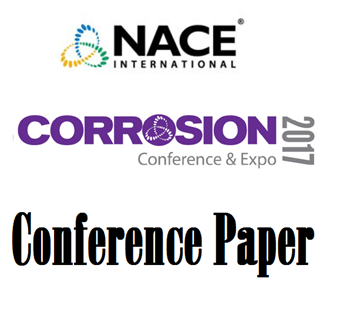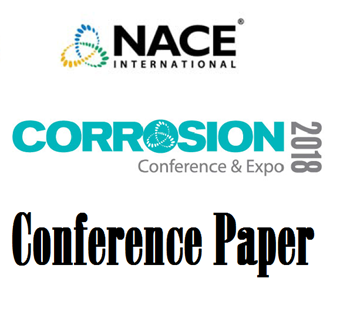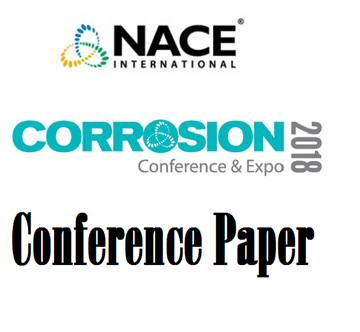Search
Products tagged with 'micelle'
View as
Sort by
Display
per page
51317--9721-Use of Micelle Detection for Corrosion Inhibitor Screening
Product Number:
51317--9721-SG
ISBN:
9721 2017 CP
Publication Date:
2017
$20.00
51318-11184-Advances in on-site corrosion inhibitor management
Product Number:
51318-11184-SG
Publication Date:
2018
$20.00
51318-11467-Relationship between Inhibitor Adsorption and Surfactant Properties: Part I - Methodology
Product Number:
51318-11467-SG
Publication Date:
2018
$20.00
Can Micelles Be Used To Expedite And Enhance Laboratory Qualification Testing?
Product Number:
51322-17824-SG
Publication Date:
2022
$20.00
Correlating physical chemistry with interfacial properties: Effect of salinity on the partitioning, distribution and performance of a quaternary amine corrosion inhibitor
Product Number:
51323-19142-SG
Publication Date:
2023
$20.00
Unravelling Surfactant Partitioning: Part 1 - Fundamental Theory and Modelling of Single and Multi-component Surfactant Distribution Responses
Product Number:
51324-20882-SG
Publication Date:
2024
$40.00
Unravelling Surfactant Partitioning: Part 2 - Experimental Study of Multi-Component Surfactant Partitioning Responses and Their Influence on Inhibition Performance
Product Number:
51324-20883-SG
Publication Date:
2024
$40.00







